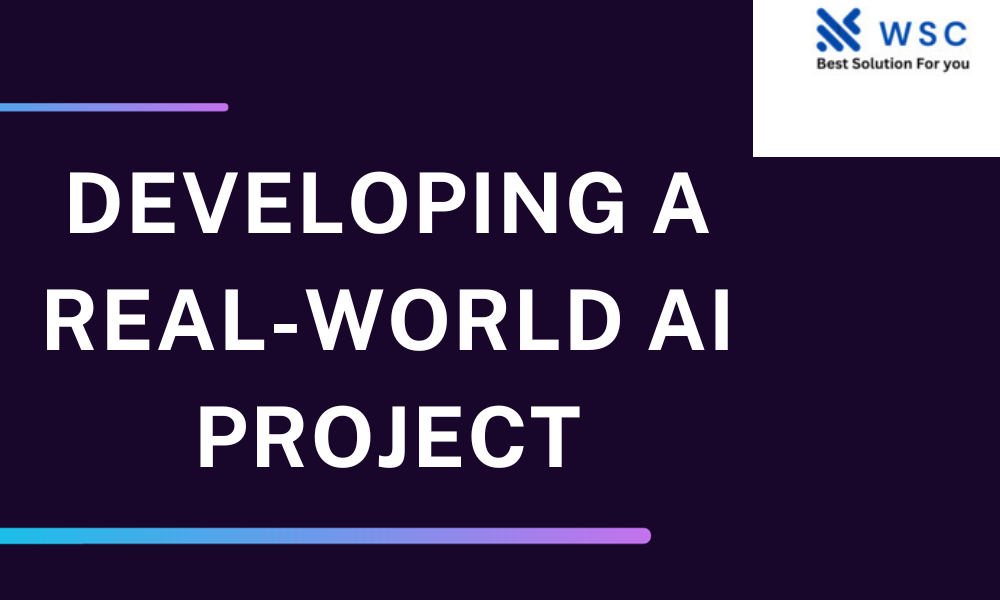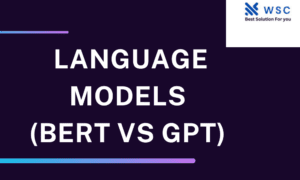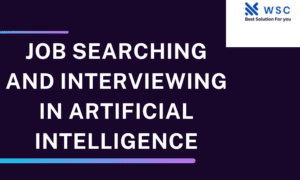Have you ever wondered how those smart chatbots, recommendation systems, or even self-driving cars work? Artificial Intelligence (AI) is no longer just science fiction; it’s a part of our everyday lives. In this article, we’ll take a journey through the fascinating world of Developing a Real-World AI Project. We’ll break down complex concepts into simple language, avoiding jargon, and explore the intricacies of AI through personal pronouns, rhetorical questions, and relatable analogies. So, fasten your seatbelt, and let’s embark on this exciting ride into the heart of AI!
Table of Contents
| Sr# | Headings |
|---|---|
| 1 | Understanding AI: Beyond the Hype |
| 2 | Gathering the Right Tools and Data |
| 3 | Defining Your AI Project: Goals and Scope |
| 4 | Data Preprocessing: Cleaning the Raw Material |
| 5 | The Magic of Machine Learning |
| 6 | Training Your AI Model: A Teacher-Student Relationship |
| 7 | Testing and Fine-Tuning: The Road to Perfection |
| 8 | Deployment: Taking Your AI Project to the Real World |
| 9 | AI Ethics: Navigating the Moral Compass |
| 10 | Real-World Applications: From Healthcare to Finance |
| 11 | Conclusion: The Future of AI |
| 12 | FAQ 1: What Skills Do I Need to Start an AI Project? |
| 13 | FAQ 2: How Do I Access AI Datasets for My Project? |
| 14 | FAQ 3: Is AI Development Limited to Tech Geniuses? |
| 15 | FAQ 4: What Are the Key Challenges in AI Project Deployment? |
| 16 | FAQ 5: Can AI Change the World for the Better? |
1. Understanding AI: Beyond the Hype
AI is not just a buzzword; it’s a revolutionary technology that mimics human intelligence. Think of it as your friendly digital assistant, always ready to help. It’s the brains behind Siri, Alexa, and Google Assistant, making them understand your voice commands and answer your questions. AI processes vast amounts of data, learns from it, and makes predictions or decisions based on what it’s learned. It’s like a never-ending learning curve, constantly evolving to serve you better.
2. Gathering the Right Tools and Data
Imagine you’re baking a cake; you need the right ingredients and tools. Similarly, for an AI project, you need the right software and data. Tools like Python, TensorFlow, and PyTorch are your kitchen gadgets. Data is your flour and sugar, and having the right data is crucial. You can’t bake a cake with salt instead of sugar, right?
3. Defining Your AI Project: Goals and Scope
Before you dive in, clarify your goals. Are you building a recommendation system for an e-commerce website or a diagnostic AI for healthcare? Define the scope of your project, so you don’t end up lost in the sea of possibilities.
4. Data Preprocessing: Cleaning the Raw Material
Data isn’t always ready for use; it’s like a rough diamond waiting to be polished. Data preprocessing is like washing, cutting, and shaping the diamond. You remove errors, handle missing values, and convert data into a usable format.
5. The Magic of Machine Learning
Machine learning is the heart of AI. It’s the way your AI system learns from data. Imagine it as a teacher instructing a student. The teacher (the algorithm) shows examples, and the student (your AI model) learns from them. Over time, the student becomes an expert and can make predictions on its own.
6. Training Your AI Model: A Teacher-Student Relationship
Teaching your AI model involves feeding it tons of data, like teaching a child by showing them lots of pictures of animals to help them recognize a cat from a dog. The AI model learns by adjusting its internal parameters to make better predictions.
7. Testing and Fine-Tuning: The Road to Perfection
Testing your AI model is like taking a final exam. You give it new data to see how well it performs. If it makes mistakes, you fine-tune it by adjusting its parameters until it gets closer to perfection.
8. Deployment: Taking Your AI Project to the Real World
Deploying your AI project is like releasing a new product to the market. It’s now ready to make real-world decisions, whether it’s recommending movies or diagnosing diseases.
9. AI Ethics: Navigating the Moral Compass
AI can do amazing things, but it also raises ethical concerns. Imagine you have a super-smart robot; should it always obey your commands? AI ethics is like defining the rules for your super-smart robot to ensure it behaves responsibly.
10. Real-World Applications: From Healthcare to Finance
AI isn’t limited to just one field. It’s like a versatile Swiss army knife that can be applied in healthcare for early disease detection, finance for predicting stock market trends, and even in agriculture for optimizing crop yields.
Conclusion: The Future of AI
In conclusion, AI is not just a trend; it’s a technological revolution that’s here to stay. It’s shaping the future of various industries and our daily lives. From AI-driven healthcare solutions to self-driving cars, the possibilities are endless. So, embrace the world of AI, and who knows, you might be the one to change the world with your AI project!
FAQ 1: What Skills Do I Need to Start an AI Project?
To start an AI project, you’ll need a good grasp of programming languages like Python, data handling skills, and a solid understanding of machine learning. It’s also beneficial to have domain knowledge related to your project.
FAQ 2: How Do I Access AI Datasets for My Project?
Accessing AI datasets can be done through various online platforms like Kaggle, UCI Machine Learning Repository, or by collaborating with organizations that provide access to their data.
FAQ 3: Is AI Development Limited to Tech Geniuses?
Not at all! AI development is becoming more accessible, with numerous online courses, tutorials, and user-friendly tools available. Anyone with dedication and the willingness to learn can embark on an AI project.
FAQ 4: What Are the Key Challenges in AI Project Deployment?
AI project deployment comes with challenges such as data privacy, model bias, and the need for continuous updates. Ensuring fairness and transparency in AI systems is also a critical challenge.
FAQ 5: Can AI Change the World for the Better?
Absolutely! AI has the potential to revolutionize healthcare, transportation, agriculture, and many other fields. It can lead to more efficient processes, better decision-making, and improved quality of life for people around the world.
Check our tools website Word count
Check our tools website check More tutorial





Fantastic breakdown! Resonates with the comprehensive insights from Profitable Bots’ AI course.